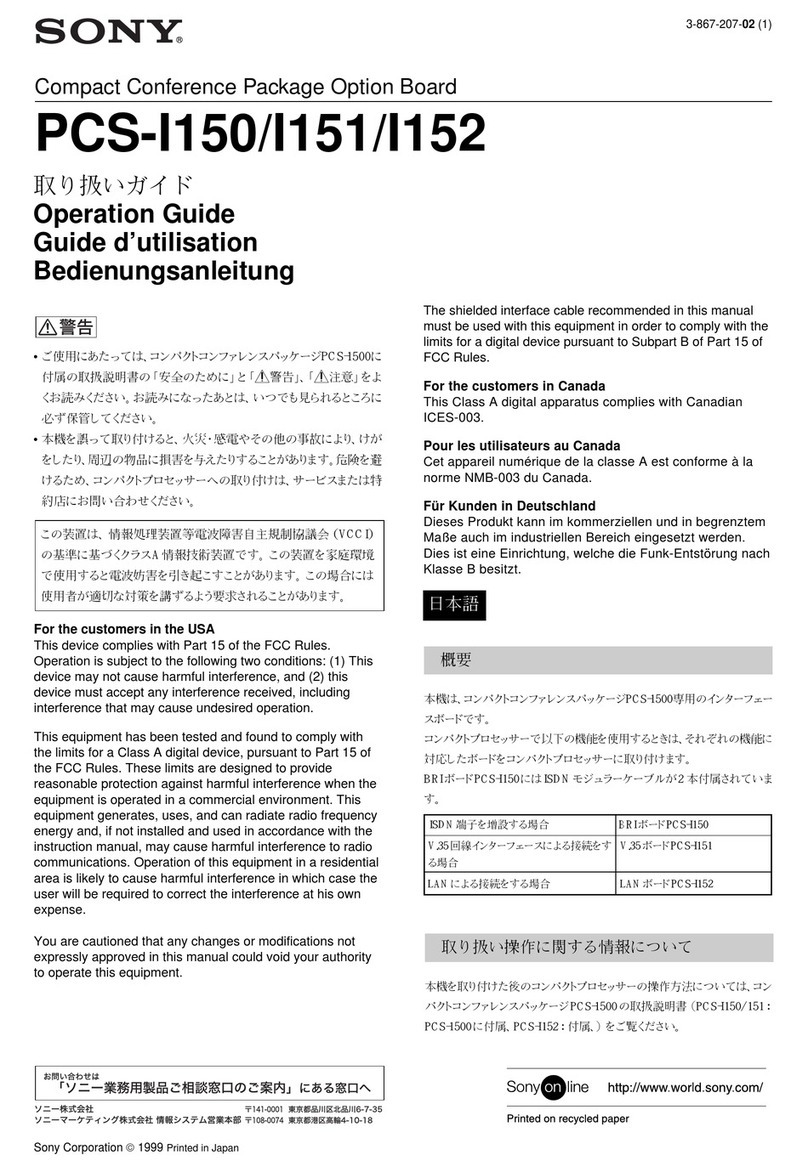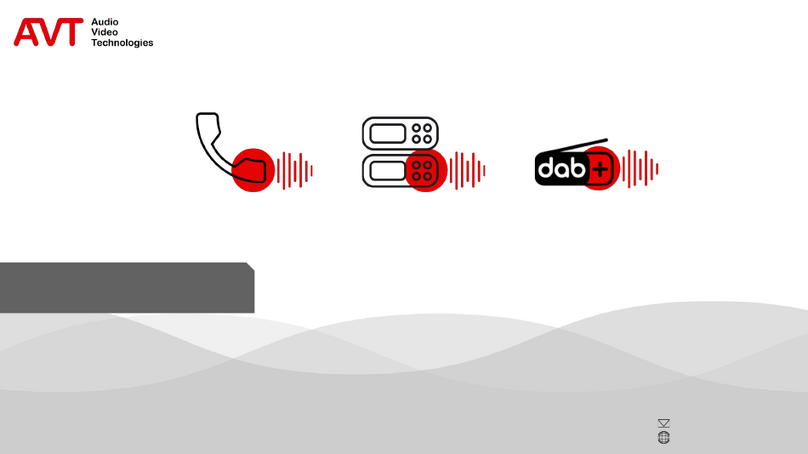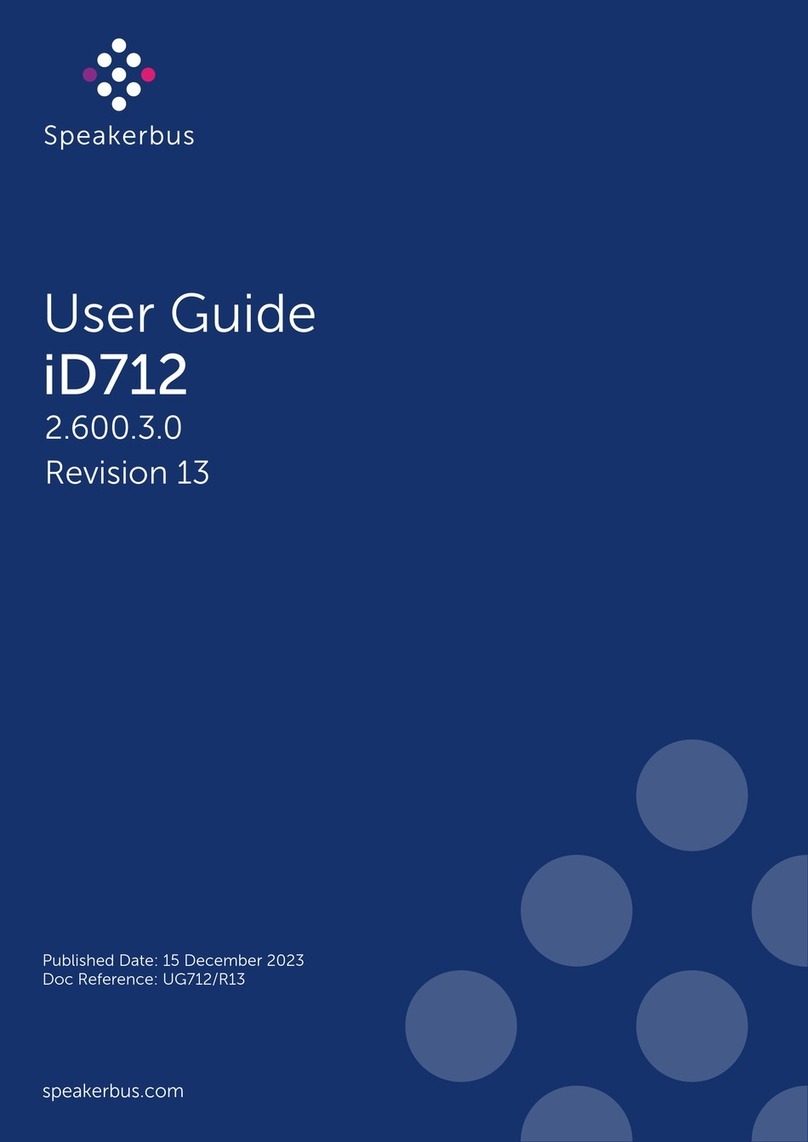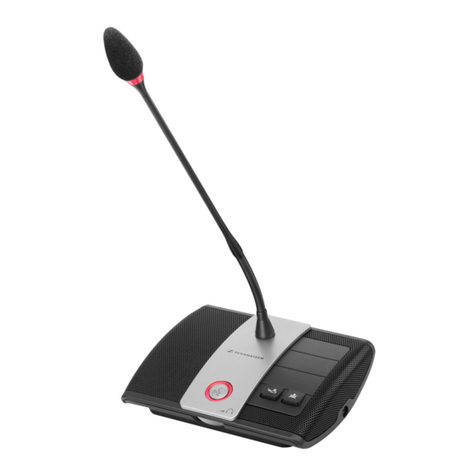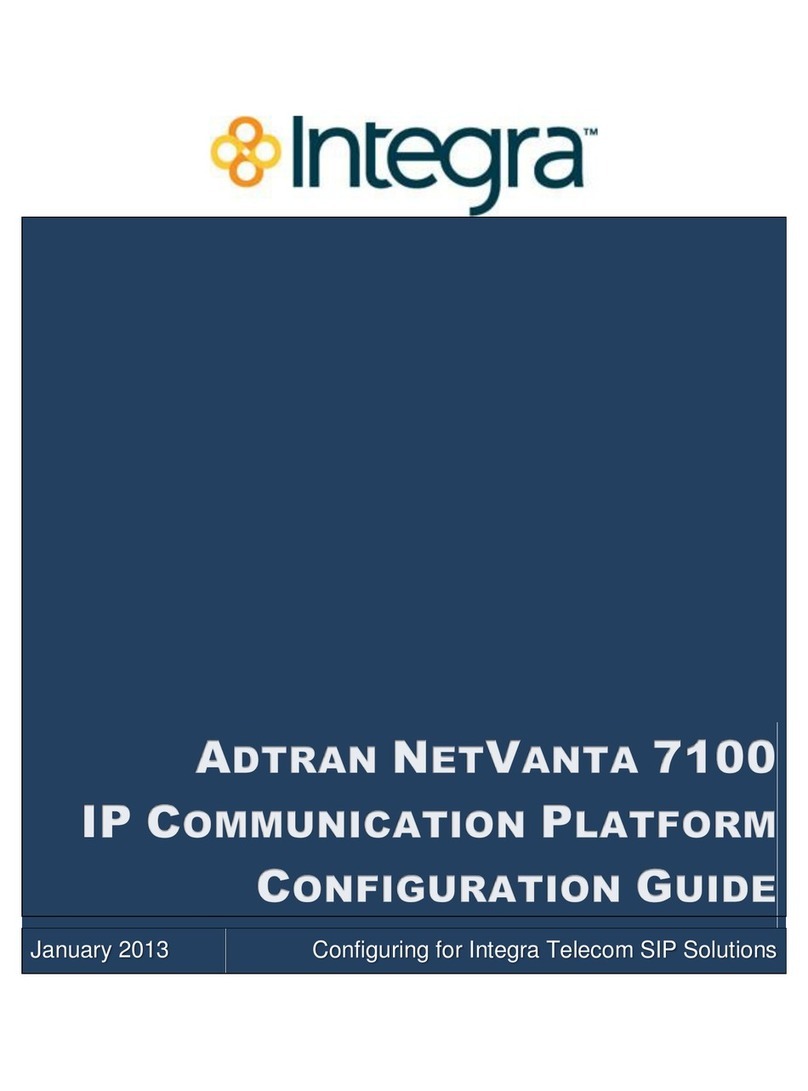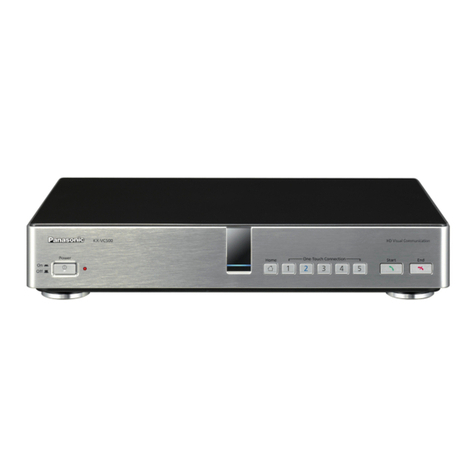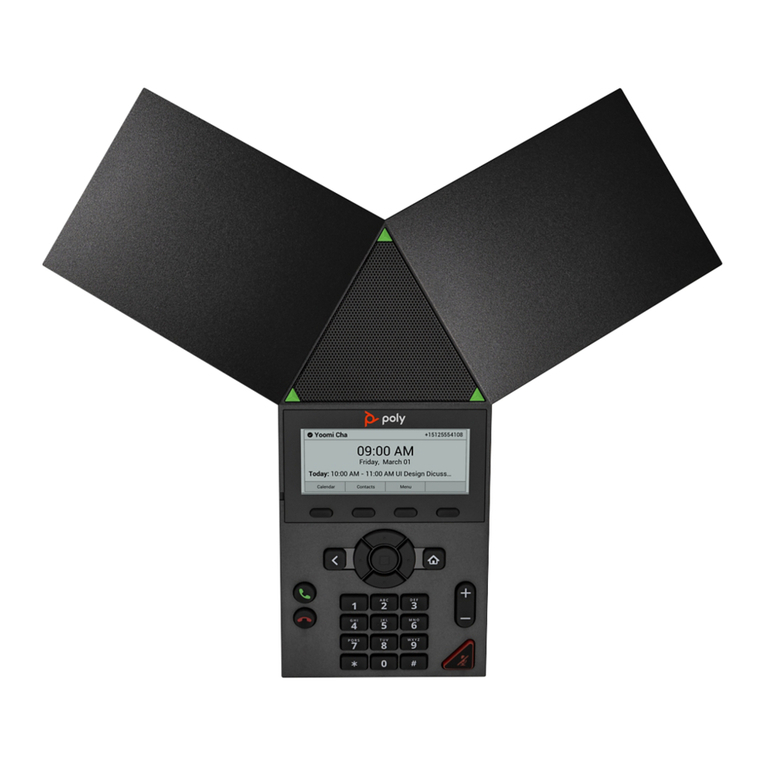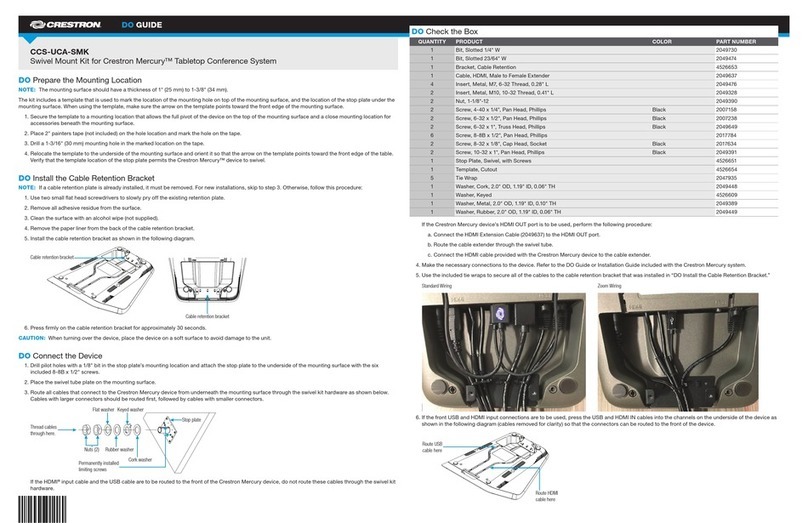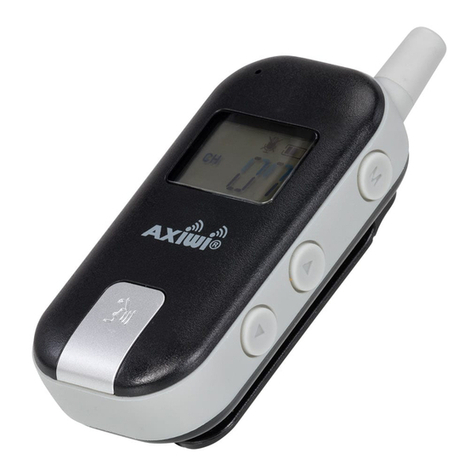
6 LUMA 100 4/2021
memory, click “Save”. To leave configuration mode and return to regular operation, click
“Active mode”.
3.2 Communication settings
3.2.1 Serial baud-rate
This is the baud-rate setting for the communication to the modem over the attached cable. The
baud-rate has to match the selected baud-rate of the host computer or connected device.
Available baud-rates are:
9600, 19200, 38400, 57600, 115200 bits per second (default 115200 bps)
When changing the baud-rate of the modem, the baud-rate of the host PC also has to be
changed to the same value.
Note that the changed baud-rate is not permanent until a “Save” command is sent, which is
only possible if the new baud-rate settings work on the modem and the host PC.
3.2.2 Maximum packet size
The modem collects serial input data from the RS232/485 connection to combine it into a
packet. This parameter specifies the maximum packet size. Packets can be smaller if there is no
more input data after a specified time period. Large values reduce overhead, small values
improve latency. The default value is 64, which is a good compromise.
3.2.3 Data wait time
This parameter specifies the maximum time in microseconds that the modem will wait for
additional data before sending a packet before the maximum packet size is reached. Larger
values reduce packet overhead but increase the maximum latency. Smaller values improve
latency, but increase the packet overhead, which results in lower average throughput. The
default value is 2000 microseconds.
3.2.4 Forward error correction
Forward error correction makes the communication link more robust and reliable, at the cost of
maximum bandwidth. The following settings are available:
None: No forward error correction is applied. This enables the highest throughput.
2x bit correction: A codec that uses 2x redundancy to detect and fix bit errors
1.5x bit correction: A codec that uses 1.5x redundancy to detect and fix bit errors
Burst (+30) correction: A codec that can detect and fix burst errors. It adds 30 bytes to
the packet size. Burst correction is supported for serial baud-rates of 9600 bps and
19200 bps. Higher baud-rates can be used only if the average speed of data
transmission is below 19200 bps.


